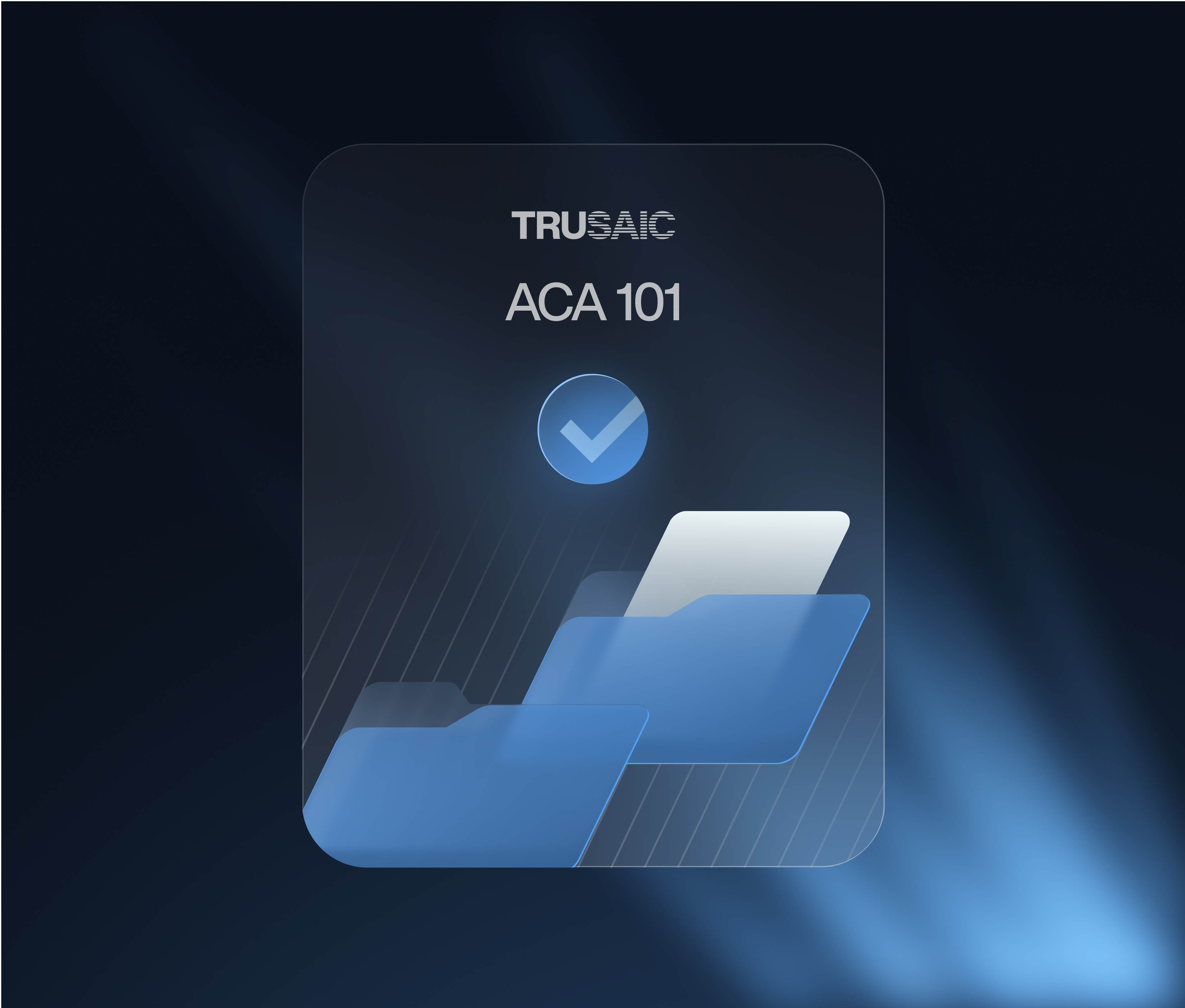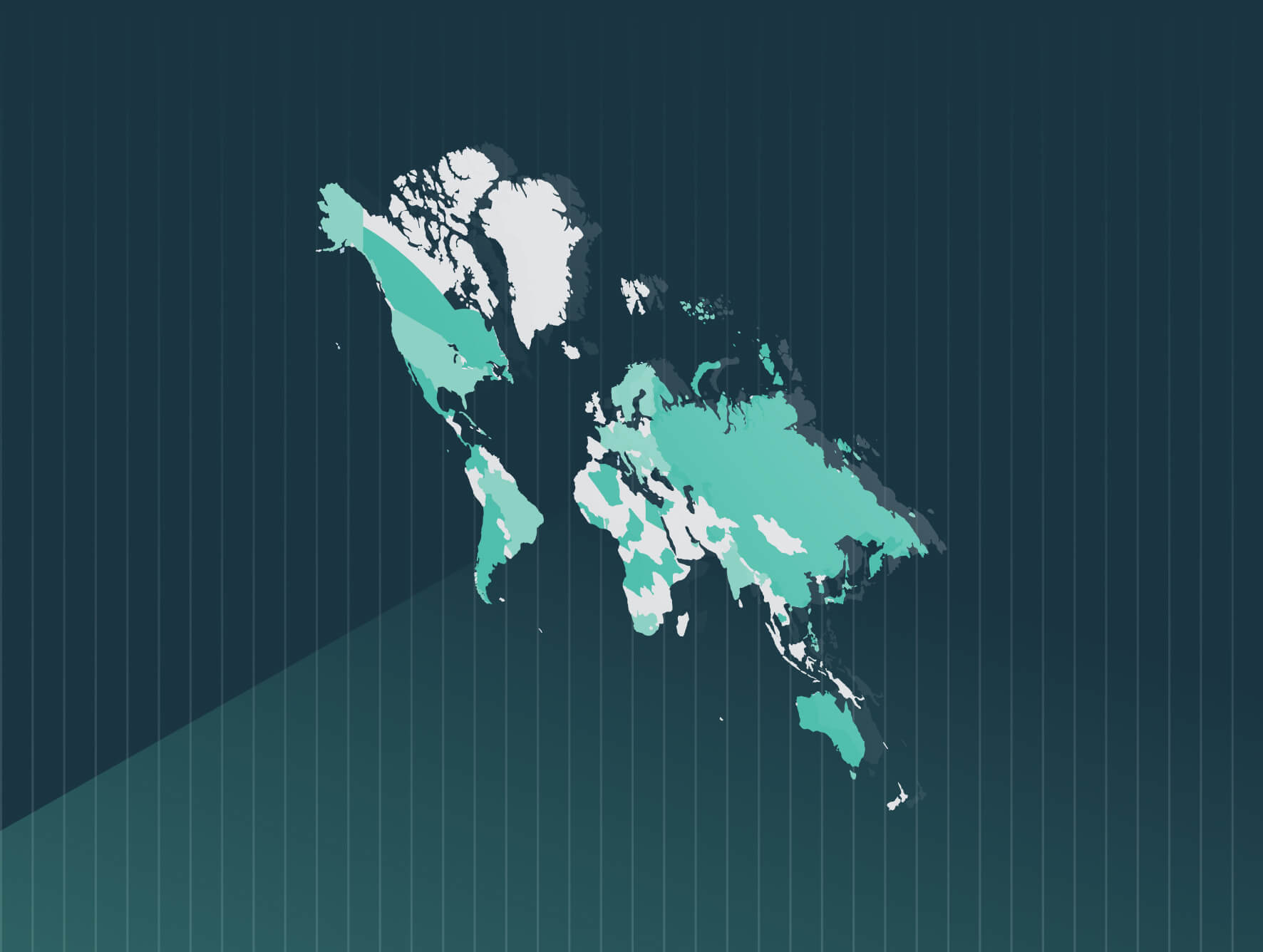Introduction
Effective Jan. 1, 2021, Colorado’s Equal Pay for Equal Work Act requires all employers to provide salary range information on all job postings.
The Act aims to close gender pay gaps and to ensure employees with “similar job duties are paid the same wage rate regardless of sex.”
The Act has two parts. Part 1, on Unequal Pay, requires employers to pay employees equally for substantially similar work, regardless of sex. Part 2, on Pay Transparency, requires transparency from employers around pay and job opportunities.
Colorado pay transparency requirements
All employers, public or private, must disclose the following in job postings: hourly/annual pay or hourly/pay ranges, benefit information, and other bonuses or compensation associated with the job.
Specifically, the law requires employers to disclose compensation in all job postings and notices, both internal and public. This disclosure must include information about benefits and how and when to apply.
Employers must also disclose available job opportunities to all employees and then disclose who was selected to fill the position. In addition, if the employer uses career progressions for certain roles, it must disclose how to advance through career progressions to eligible employees. Finally, employers are required to preserve records of wages and job descriptions.
Employment equity standards
The law expressly prohibits an employer from discriminating between employees on the basis of sex who are doing substantially similar work (based on a composite of skill; effort, which may include consideration of shift work; and responsibility). Colorado’s Equal Pay for Equal Work Act also prohibits employers from:
- Asking about an applicant’s pay history or relying on pay history to determine an employee’s wage rate;
- Discriminating or retaliating against a prospective employee for not disclosing their pay history;
- Not allowing employees to discuss pay;
- Requiring an employee to sign a document that prohibits the employee from discussing pay;
- Retaliating against an employee for using their rights under the Equal Pay Act, including by filing a complaint with this Division; and
- Retaliating against an employee for discussing pay.
The risks of non-compliance
Colorado’s enforcing body, the Division, investigates complaints against employers concerning unequal pay and transparency in pay and employment opportunities. The state can impose fines of $500 to $10,000 per posting violation. As of July 1, 2024, there have been 1,634 complaints filed and $238,000 worth of fines assessed to employers by the state of Colorado under the Equal Pay for Equal Work Act.
How can Trusaic assist with Colorado Equal Pay for Equal Work Act requirements?
The goal of pay transparency laws is to promote practices that lead to a more equitable compensation environment. Similar to salary history ban laws, requiring pay ranges on job postings promotes fair pay practices and holds organizations accountable.
If implemented thoughtfully and strategically by an organization, pay transparency can promote a better work environment where employees believe they are paid fairly. Providing salary ranges on job postings can also positively narrow the applicant pool and improve the hiring experience.
Absent salary range information, a job candidate could go through a multi-week interview process only to discover the job offer is far below their salary expectation. This wastes the candidate’s time and causes financial and reputational damage to the employer.
The task of moving toward full pay transparency can be daunting for an organization.
1. Comply – Use Trusaic’s Salary Range Finder® to ensure unbiased and competitive pay at the time of hire:
Salary range explainability: Salary Range Finder helps you establish and post competitive and equitable pay ranges to confidently comply with pay transparency laws.
2. Correct – Use PayParity® to understand, explain and resolve pay disparities:
Analyze: Trusaic’s pay equity analysis software analyzes compensation and benefits data directly from your HRIS system to uncover pay inequities across gender, race, age, and more. Conduct proactive or compliance-driven analyses to pinpoint disparities, reduce legal risk, and build trust by ensuring unbiased, transparent pay practices across your workforce.
Remediate: PayParity with R.O.S.A. (Remediation Optimization Spend Analysis) helps you remediate pay inequities with precision. R.O.S.A. runs hundreds of simulations quickly to find the most impactful pay adjustments, ensuring your budget is spent where it matters most. Make every adjustment count in your ongoing commitment to unbiased, transparent pay practices.
Prevent: Prevent future pay inequities by addressing systemic root causes and through the continuous monitoring of your pay practices. Use your pay equity analysis to guide salary decisions with tools like Salary Range Finder. Keep progress on track by embedding unbiased pay practices into hiring, promotions, and compensation adjustments.
Leverage Trusaic’s pay equity software solutions to ensure you remain in compliance with Colorado’s Equal Pay for Equal Work law requirements.








